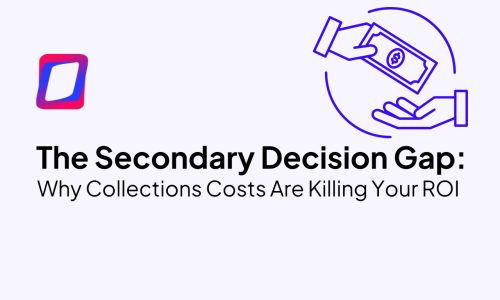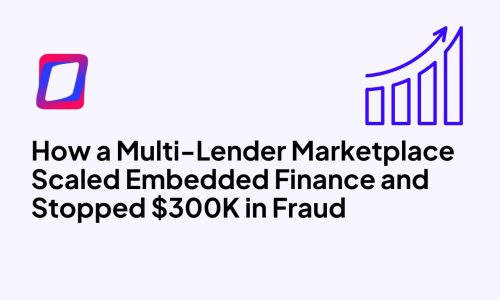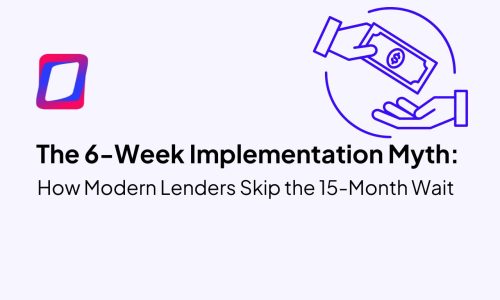Cracking the Code: Frank McKenna, Chief Fraud Specialist for Point Predictive, Shares Secrets to Predictive Lending and Fraud Prevention
Unlocking the Future of Lending: Insider Insights from Frank McKenna, Point Predictive’s Chief Fraud Specialist
The lending industry has undergone significant changes in recent years, particularly concerning fraud prevention. In this episode of The Lending Link, host Rich Alterman is joined by Frank McKenna, Chief Fraud Specialist for Point Predictive, to discuss these changes and the turning points that led to them. With over two decades of experience in the industry, Frank provides valuable insights into the world of predictive lending, auto lending, and consumer loan fraud.
In the episode, Frank and Rich explore a range of critical topics related to fraud prevention in the lending industry. They begin by discussing the evolution of predictive lending, from auto lending to mortgage lending. Frank shares his insights into the differences between credit card fraud and mortgage fraud, including the types of fraud that are most prevalent in each area.
Frank also highlights the importance of data in fraud detection and prevention and discusses the role of artificial intelligence and machine learning in this area. He shares his thoughts on how lenders can stay ahead of the curve and ensure that they use the latest technology to detect and prevent fraud.
Finally, Frank and Rich discuss the importance of collaboration and information sharing in the fight against fraud. They emphasize the need for lenders to work together to share information and best practices to create a more secure lending environment for everyone.
If you’re interested in learning more about fraud prevention in the lending industry, this episode of The Lending Link is a must-listen. Tune in to gain valuable insights and knowledge from one of the industry’s leading experts. Listen to the podcast on Apple Podcasts, Google Podcasts, Spotify, and YouTube, or use the embedded player in our blog.
Ready to take control of your fraud prevention strategy? Learn more about the importance of flexible technology in fraud prevention by reading our blog post “Don’t Get Scammed! Why Lenders Need Flexible Technology in Fraud Prevention,” here: Don’t Get Scammed! Why Lenders Need Flexible Technology in Fraud Prevention
About Frank McKenna:
Frank is a business expert. He helps our customers launch solutions that incorporate predictive analytics so they can solve their business problems with greater accuracy. Frank has worked with more than 100 banks, lenders, and companies worldwide, designing strategies, solutions, and operational practices that helped them reduce costs and increase efficiencies.
As a co-founder of BasePoint Analytics, which CoreLogic acquired, Frank helped introduce many new risk and pattern recognition technologies to the banking and mortgage industries helping to transform those industries to a more proactive and analytic approach to fraud and risk management.
Frank has led global fraud consulting teams for BasePoint Analytics, CoreLogic, and FICO. Under his leadership, those teams conducted successful engagements in the US, Australia, the UK, Canada, and Asia. His strategies and programs continue to be used by financial institutions across the globe.
As a strategist, Frank brings creative problem-solving and a philosophy that every facet of business operations can be improved by bringing together the right data, analytics, and processes.
Be sure to follow Frank and our host Rich on LinkedIn, and for the latest GDS Link updates and news, follow us on Twitter and LinkedIn. You can subscribe to the Lending Link on Apple Podcasts, Spotify, Google Play, YouTube, or wherever you prefer to listen to your podcasts!
Recent articles

The Secondary Decision Gap: Why Collections Costs Are Killing Your ROI
Read article
How a Multi-Lender Marketplace Scaled Embedded Finance and Stopped $300K in Fraud
Read article





